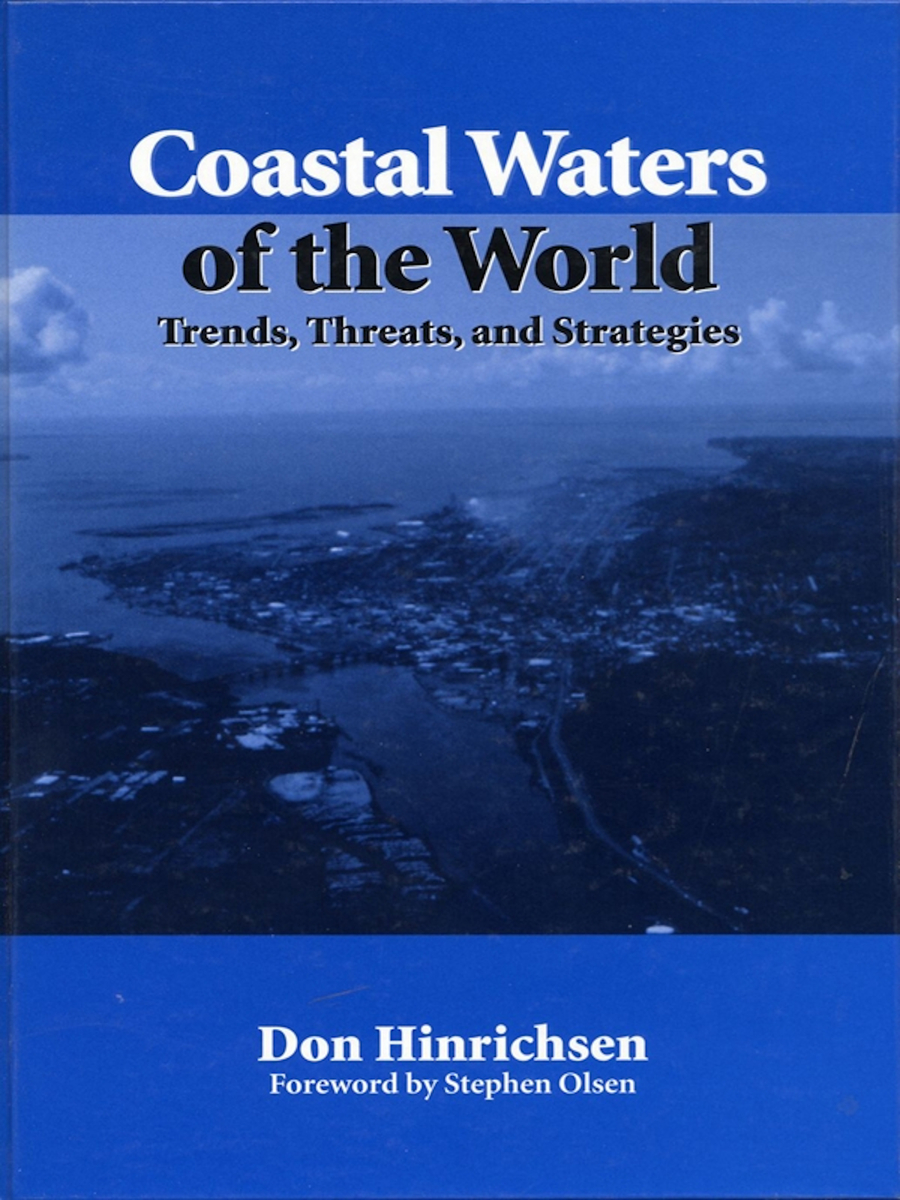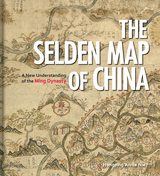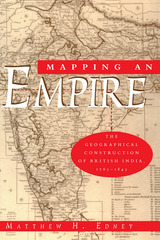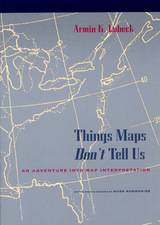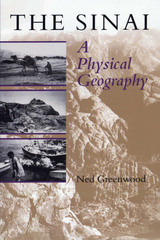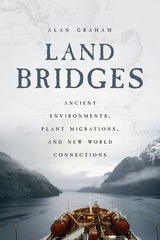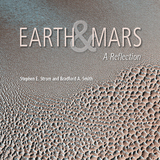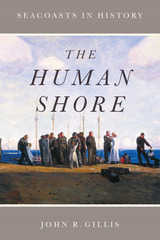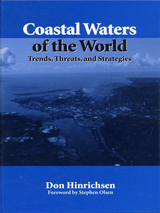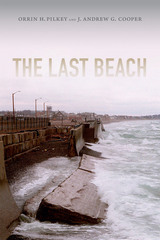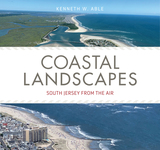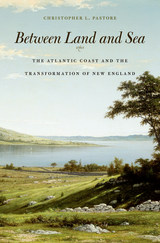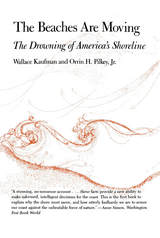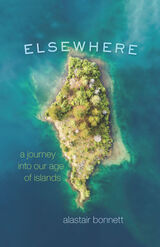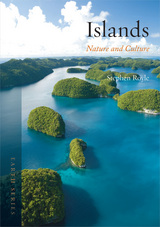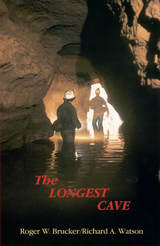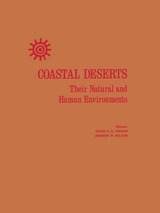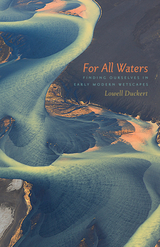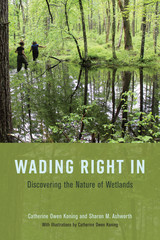Paper: 978-1-55963-383-3 | eISBN: 978-1-59726-843-1 | Cloth: 978-1-55963-382-6
Library of Congress Classification GB451.2.H56 1998
Dewey Decimal Classification 333.91715
Nearly 60% of the world's population lives and works within 100 miles of a coast, and even those who don't are connected to the world's oceans through an intricate drainage of rivers and streams. Ultimately the whole of humankind is coastal.
Coastal Waters of the World is a comprehensive reference source on the state of the world's coastal areas. It focuses on the tremendous pressures facing coastal areas and the management systems and strategies needed to cope with them. Don Hinrichsen explores the origins and implications of three related issues: the overwhelming threats to our coastal resources and seas from population and pollution; the destruction of critical resources through unsustainable economic activity; and the inability of governments to craft and implement rational coastal management plans.
Introductory chapters present a concise summary of our coastal problems, including coastal habitat degradation and the fisheries crisis, along with a discussion of better management options. Three case studies of successful coastal governance focus on some of the problems and bring to life potential solutions. Following that are regional profiles that provide detailed information on the main population, resource, and management challenges facing each of the world's thirteen major coastal waters and seas. The profiles are presented in a standard format to allow for ease of comparison between regions, and accessibility of information. The book ends with a realistic and practical agenda for action that can be implemented immediately.
Safeguarding these complex, interlinked ecosystems is humanity's most challenging management job. Coastal Waters of the World will help raise our awareness of coastal area concerns and provide a constructive contribution to the ongoing debate over how to manage these ever-changing areas, both for ourselves and for future generations. It will serve as a valuable reference tool and an up-to-date resource for policymakers, management specialists, and students interested in sustainable coastal governance.
See other books on: Coastal zone management | Marine Biology | Oceanography | Strategies | Trends
See other titles from Island Press
